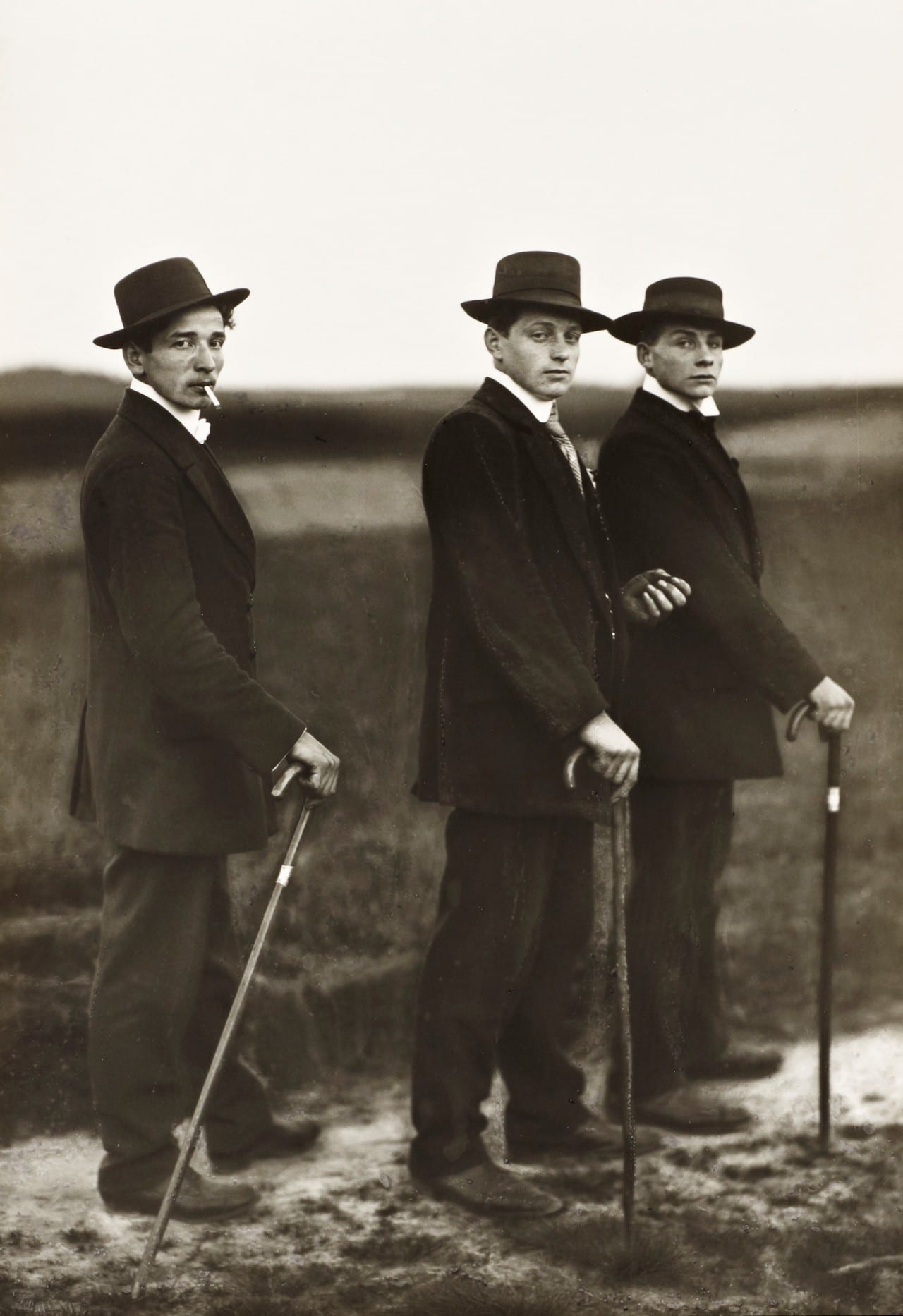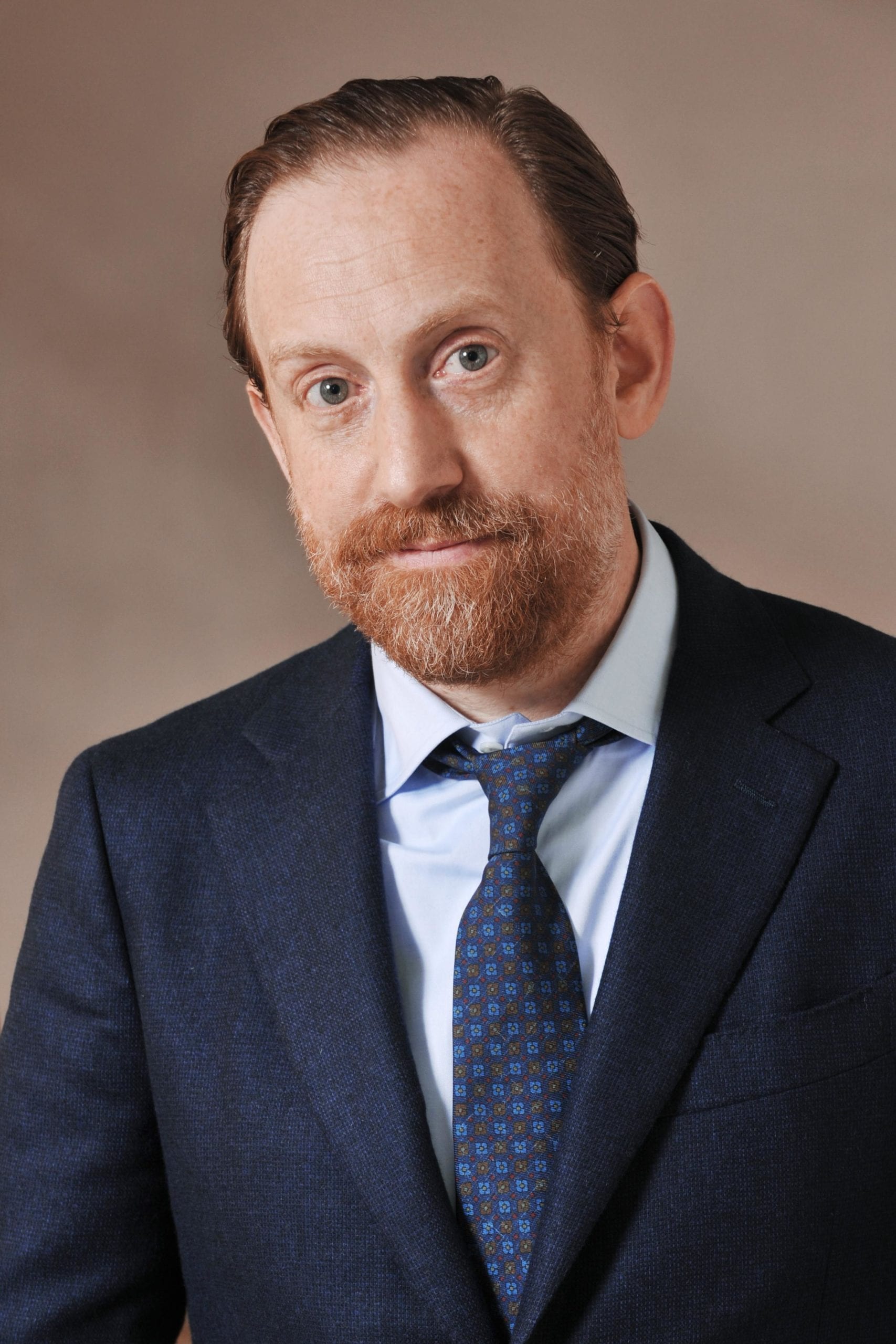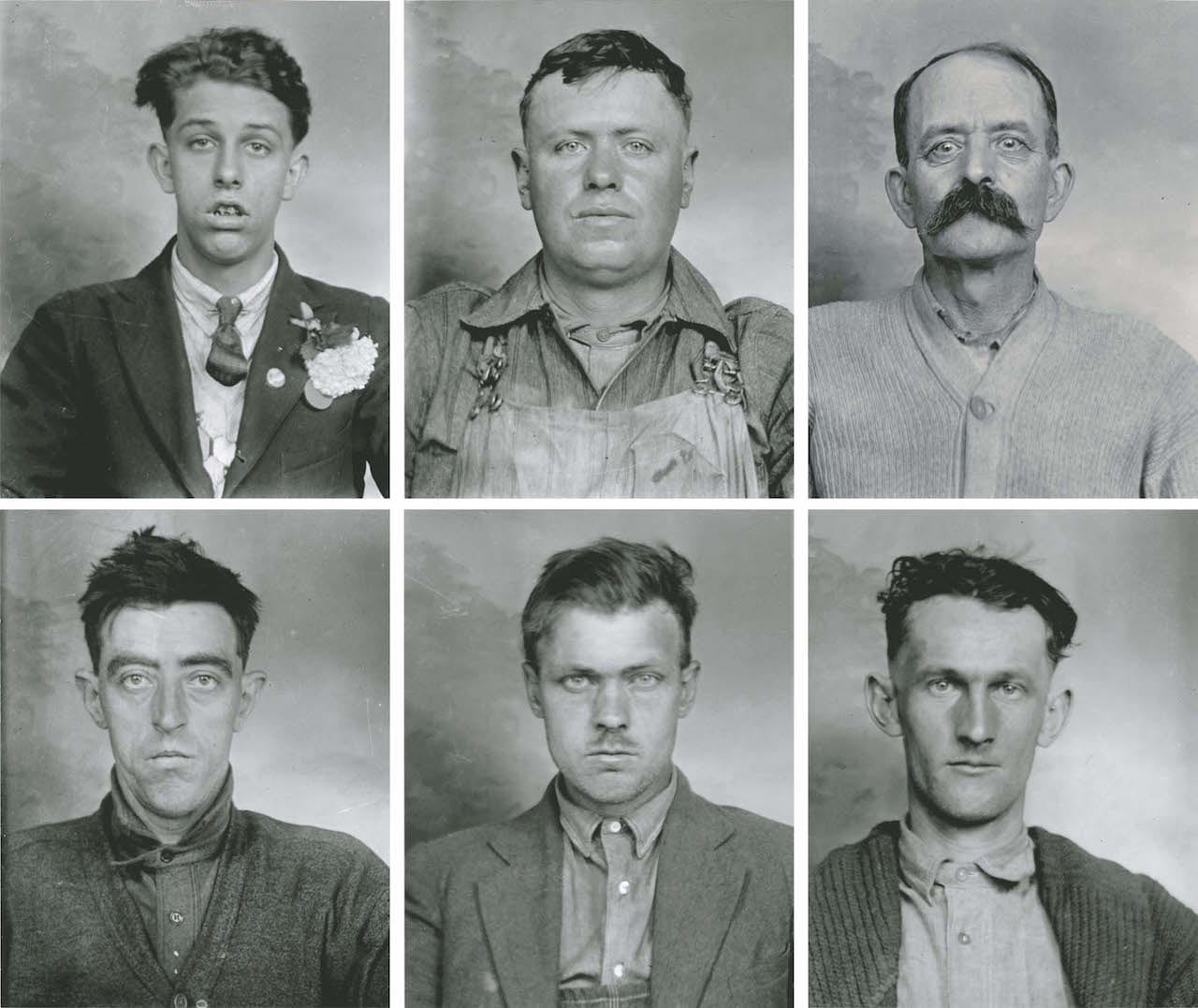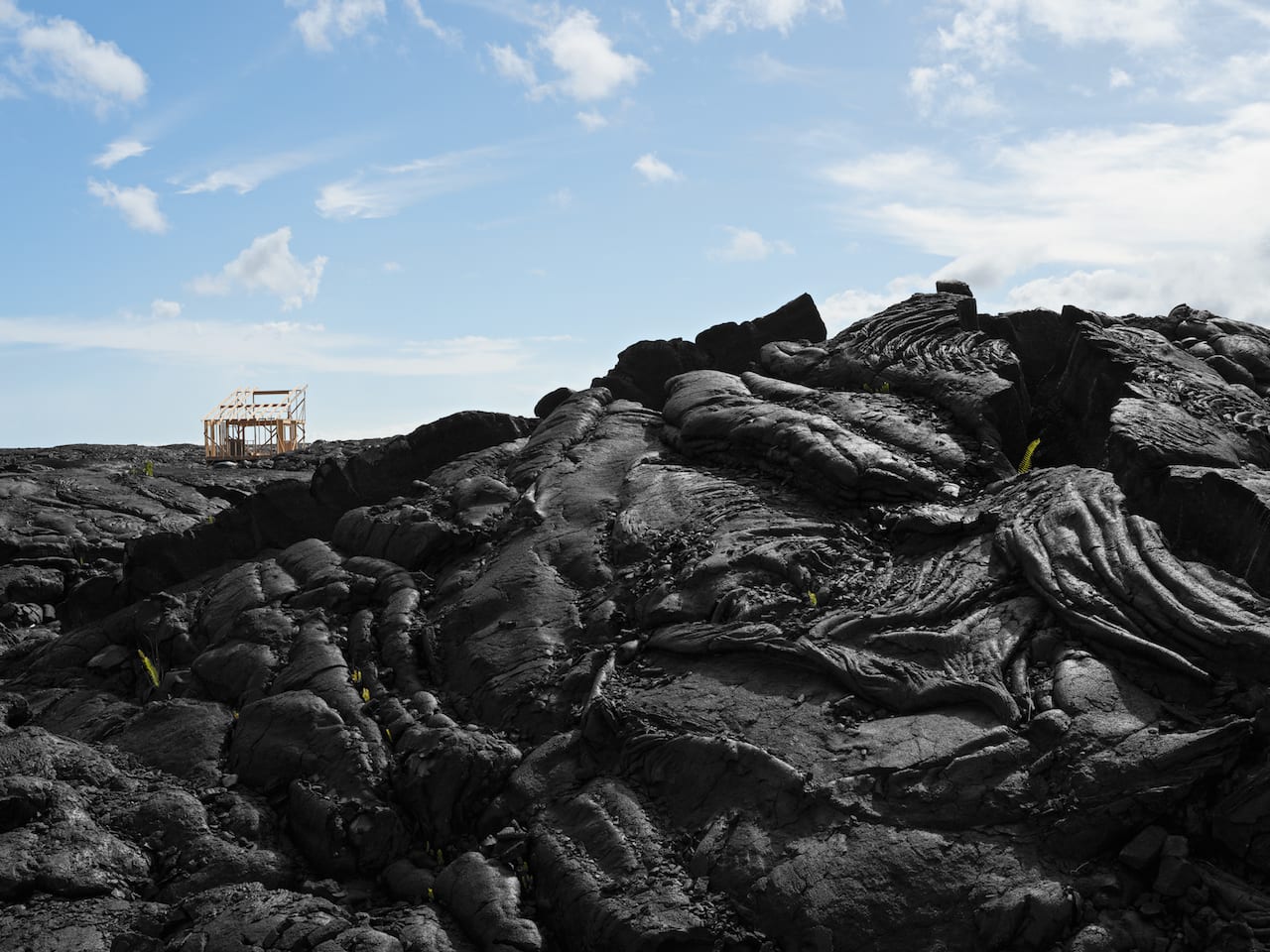As part of the institution’s growing commitment to photography, the National Museum Cardiff presents its first photography season


As part of the institution’s growing commitment to photography, the National Museum Cardiff presents its first photography season

With Nature & Politics, Thomas Struth told BJP back in 2017, he hopes to “open doors to what our minds have materialised and transformed into sculpture, and to scrutinise what our contemporary world creates in places which are not accessible to most people”. Shot at industrial sites and scientific research centres throughout the world over the last 10 years, the large-scale colour images show the strange contraptions created at the cutting-edge of technology.
But these images also, he told BJP, say something about his own relationship to the world, and the place in which he finds himself at this particular point in time. “I am an observer and participant in contemporary culture, and what matters to me is that I can only being something new depending on my situation in my own life,” he said. “When I was at school, 1984 seemed like a futuristic date. To have reached the age of 62 feels incredibly strange and choking, and to acknowledge the reality that I have perhaps 20 or 25 years left. There are complex evaluations that play a role in what I am attracted to, and I try to find the pictorial equivalent.”

When he joined Tate Modern in 2009 he was Tate’s very first photography curator – but now Simon Baker is on the move, succeeding Jean-Luc Monterosso as the director of the Maison Européenne de la Photographie in Paris. Monterosso, who founded the MEP back in 1996, will leave the institution on 31 March. The news comes just weeks after Shoair Mavlian, assistant curator at Tate Modern, announced she was leaving the institution to become Photoworks’ new director. In October 2017 Kate Bush joined Tate Britain as its adjunct curator of photography, however, responsible for “researching and building the collection of British photography and curating exhibitions and displays”. In September 2017, Tate announced that it had acquired Martin Parr’s 12,000-strong photobook collection, making it one of the leading institutional collectors in this field.

The Walther Collection has kicked off an 18-month exploration of vernacular photography with a show titled The Shadow Archive: An Investigation into Vernacular Portrait Photography. Taken from the 1850s to the present day, the collected portraits depict groups such as ‘migrant laborers’, ‘inmates of an asylum’, ‘criminal photographs’, and ‘G&G Precision Works Photographic Identity Badges’, and, says the organisers, show how “identification photographs have been used to sort, shape, segregate, and select subjects based on occupation, social group, body type, or political affiliation”. The title references a phrase used by writer and photographer Allan Sekula to reference “the entire social field of human representations, comprising both heroes and deviants, within which every portrait takes its place as part of a moral hierarchy”.

Born in 1983 in the United States, Lucas Foglia grew up on a small farm some 30 miles east of New York city. His family grew their own food and lived a life away from the bustle of shopping centres and the surrounding suburbs. “The forest that bordered the farm was my childhood wilderness,” he says. “It was a wild place to play that was ignored by our neighbours, who commuted to Manhattan.” But in 2012 Hurricane Sandy charged through his family’s fields, flooding the farm and blowing down the oldest trees in the woods. “On the news, scientists linked the storm to climate change caused by human activity,” Foglia recalls. “I realised that if humans are changing the weather then there is no place on earth unaltered by people. I looked through my archive and set aside some photographs that became the seeds for my third book.”